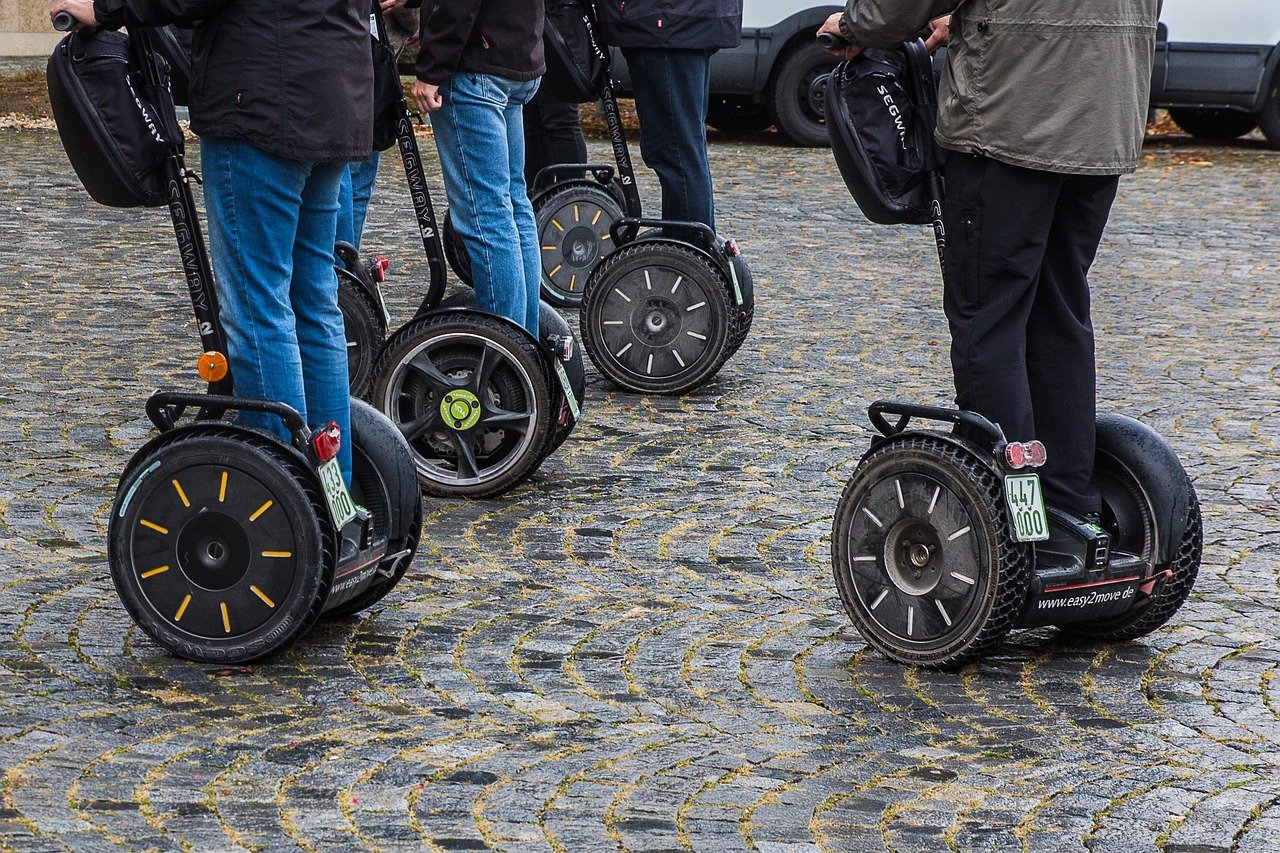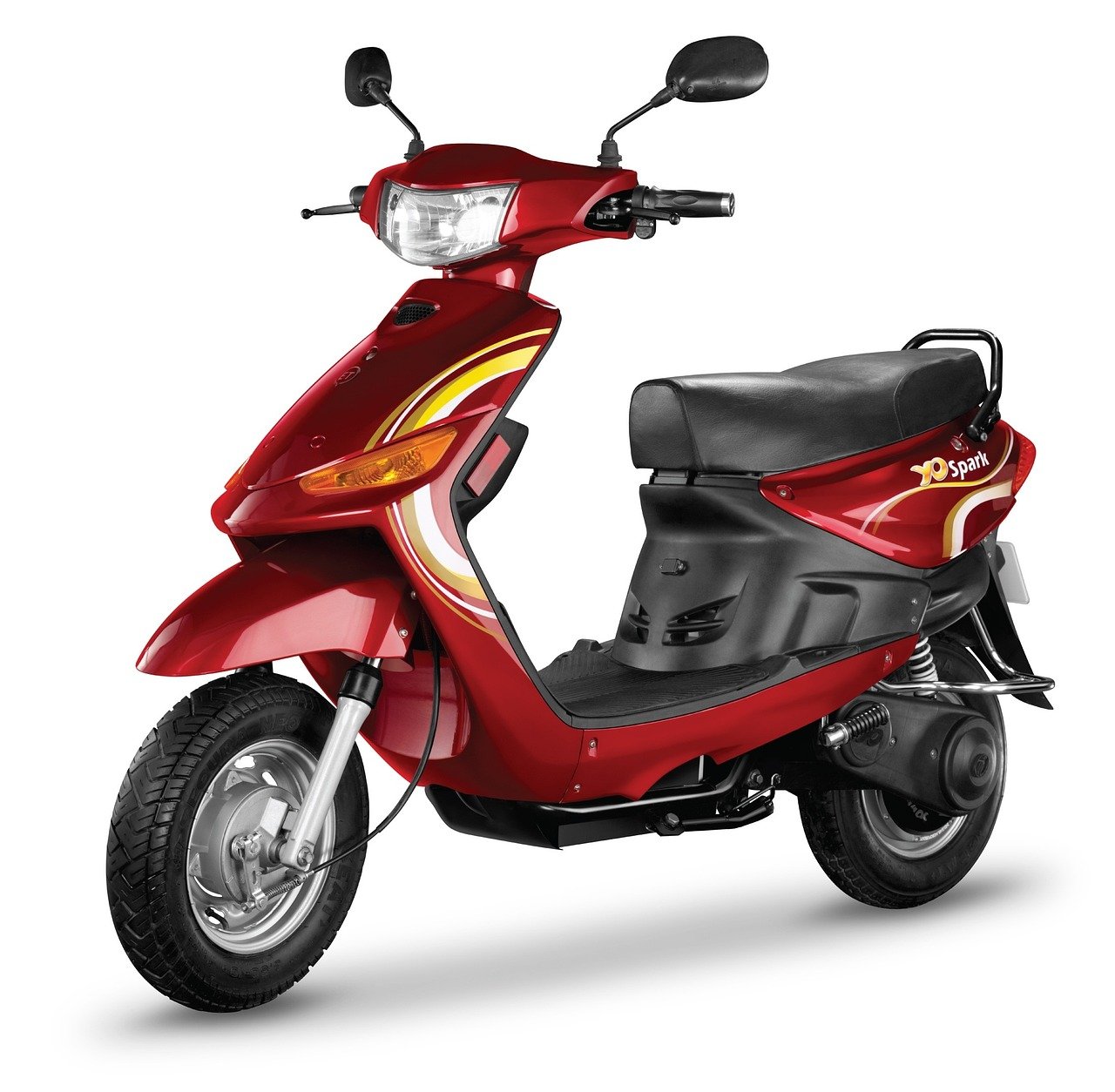What Factors Should I Consider When Choosing The Motor Power Of My Electric Scooter?
When choosing the motor power of your electric scooter, there are a few important things to think about. First, you need to consider how fast you want to go. If you want to go really fast, you’ll need a motor with more power. Next, you should think about how hilly the area is where you’ll be riding. If there are a lot of hills, you’ll need a motor with more power to help you go up them. Lastly, it’s important to consider how far you want to be able to ride on a single charge. If you want to go really far, you’ll need a motor with more power to help you go longer distances.
Motor Power
Electric scooters are a popular and convenient mode of transportation for people of all ages. When choosing an electric scooter, one of the most important factors to consider is the motor power. The motor power determines how fast and how far the scooter can go, as well as how well it performs on different terrains. In this article, we will explore the various factors that you should consider when choosing the motor power for your electric scooter.

Importance of Motor Power
The motor power of an electric scooter is crucial for several reasons. Firstly, it determines the scooter’s ability to climb inclines. If you live in an area with hilly terrains, you will need a scooter with sufficient motor power to tackle those slopes effortlessly. Secondly, motor power is also important for the speed and acceleration of the scooter. A scooter with higher motor power will be able to reach higher speeds and accelerate more quickly. This can be especially helpful if you have a long commute or need to reach your destination quickly. Additionally, motor power affects the scooter’s range and battery life. A scooter with higher motor power will generally have a longer range and battery life, allowing you to travel longer distances without worrying about running out of battery. Finally, motor power also impacts the comfort and stability of the scooter. A scooter with sufficient motor power will provide a smoother and more stable ride, even on rough terrains.
Power Requirement Based on Terrain
The terrain on which you will be riding your electric scooter plays a significant role in determining the power requirement. If you primarily ride on flat terrains, such as sidewalks or smooth roads, a scooter with lower motor power may be sufficient. However, if you frequently encounter hilly terrains or steep inclines, you will need a scooter with more powerful motor to conquer those challenges. A higher motor power will provide enough torque to climb inclines with ease and maintain a steady speed.
Power Requirement Based on Weight
The weight of the rider and any additional cargo also influences the power requirement of the scooter. If you are a lightweight rider and do not plan on carrying much cargo, a scooter with lower motor power may be suitable for your needs. However, if you are on the heavier side or frequently carry heavy loads, you will need a scooter with higher motor power to ensure optimal performance. The additional weight requires more power to achieve the desired speed and maintain stability.
Power Requirement Based on Speed
Another important factor to consider is the desired speed of your electric scooter. If you are looking for a scooter that can reach high speeds, you will need a motor with greater power. A higher motor power will allow the scooter to propel forward faster and maintain higher speeds. On the other hand, if you are content with cruising at a moderate speed, a scooter with lower motor power may be sufficient for your needs.

Power Requirement Based on Range
The range of an electric scooter refers to the distance it can travel on a single charge. If you have a specific range in mind, you will need to consider the motor power and the capacity of the scooter’s battery. A higher motor power generally results in a longer range, as it allows the scooter to travel more distance before the battery is depleted. If you require a scooter with a longer range, you may need to prioritize a higher motor power when making your selection.
Power Requirement Based on Acceleration
Acceleration refers to how quickly the electric scooter can increase its speed from a standstill. If you frequently find yourself needing to accelerate promptly, such as when navigating through traffic or crossing intersections, you will benefit from a scooter with higher motor power. A more powerful motor will provide instantaneous acceleration, allowing you to maneuver through tight spots and keep up with the flow of traffic. However, if gradual acceleration is more important to you, a scooter with lower motor power may suffice.

Power Requirement Based on Braking
Braking is a crucial aspect of scooter safety, and different braking mechanisms have different power requirements. Electric scooters commonly employ two types of braking systems: regenerative braking and mechanical braking. Regenerative braking utilizes the motor power to slow down the scooter while recharging the battery. This type of braking is generally more efficient and prolongs the battery life. On the other hand, mechanical braking relies on traditional brake pads or disks to bring the scooter to a stop. Regardless of the braking system, a higher motor power will allow for more effective braking, ensuring your safety while riding.
Power Requirement Based on Price
Price is another factor that often influences the decision-making process. Scooters with higher motor power tend to be more expensive due to the advanced technology and components required. However, it is essential to strike a balance between your budget and the motor power you require. Consider your specific needs and prioritize the necessary motor power within your budget constraints.
Power Requirement Based on Battery Life
Battery life is an essential consideration for any electric scooter owner. The motor power directly impacts the scooter’s battery life, as higher power motors may drain the battery more quickly. If you require a scooter with a longer battery life, you may need to choose a model with slightly lower motor power. However, it is essential to find a balance so that the scooter still provides adequate power to meet your needs while maintaining a satisfactory battery life.
Power Requirement Based on Noise Level
Another consideration when choosing the motor power of an electric scooter is the noise level. Some scooters with higher motor power may produce more noise during operation. If noise is a concern for you, it is advisable to choose a scooter with a motor power that strikes the right balance between performance and noise level.
In conclusion, when choosing the motor power for your electric scooter, it is crucial to consider various factors such as terrain, weight, speed, range, acceleration, braking, price, battery life, and noise level. Each of these factors will ultimately determine the optimal motor power that meets your specific needs and preferences. By carefully assessing these factors and considering how they align with your usage requirements, you can select an electric scooter with the right motor power to ensure an enjoyable and efficient ride.
